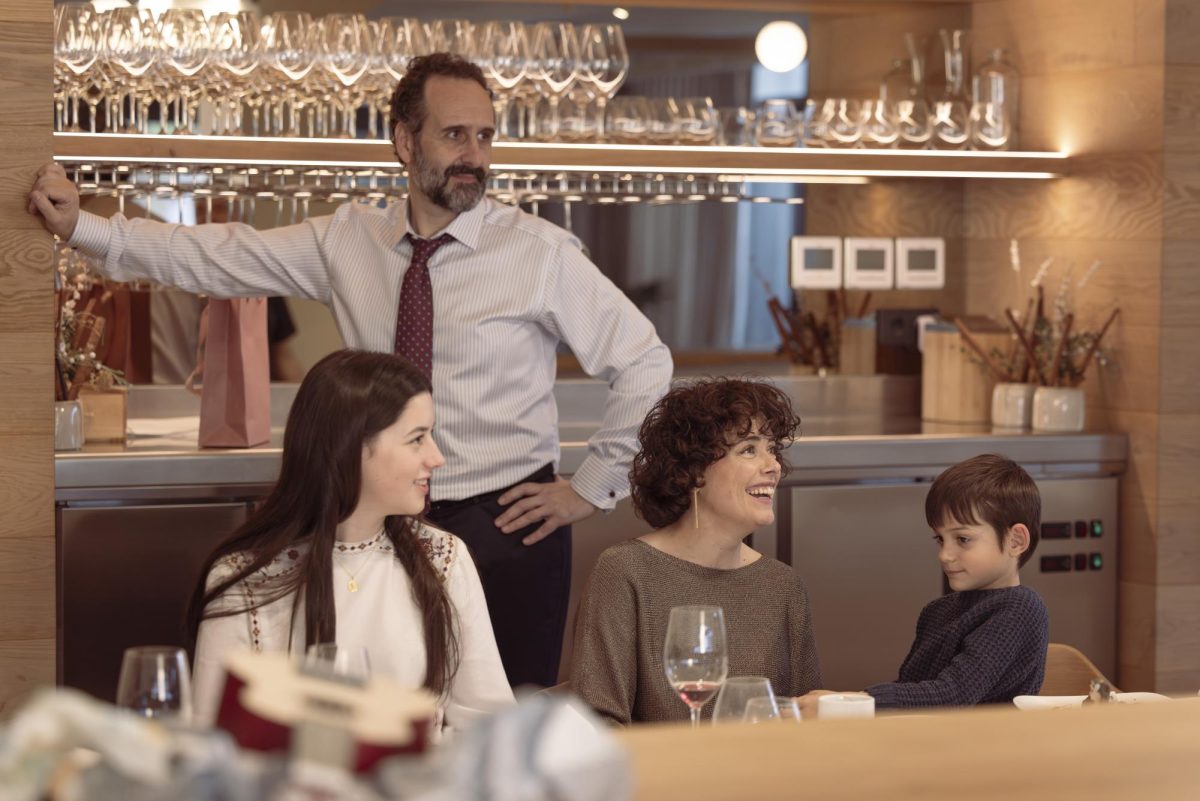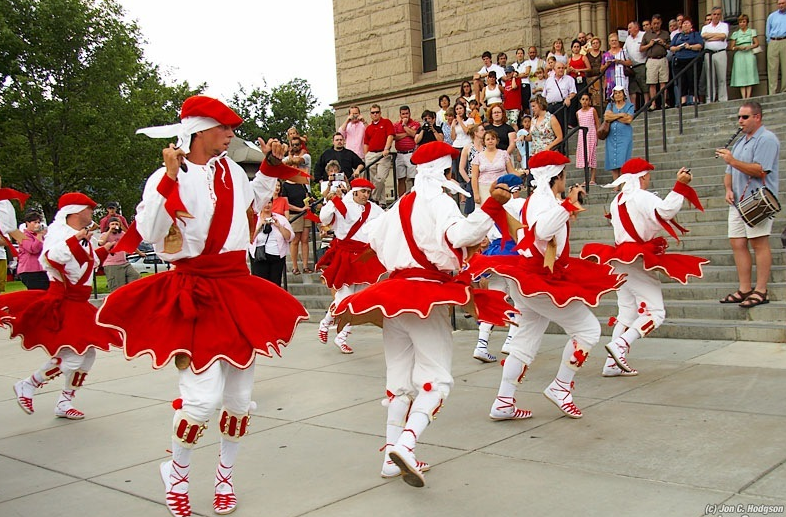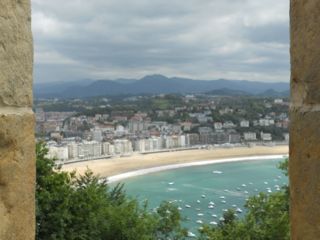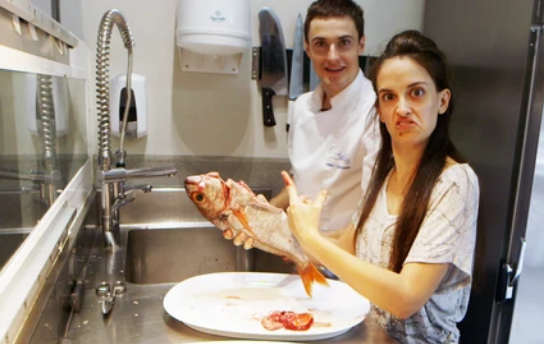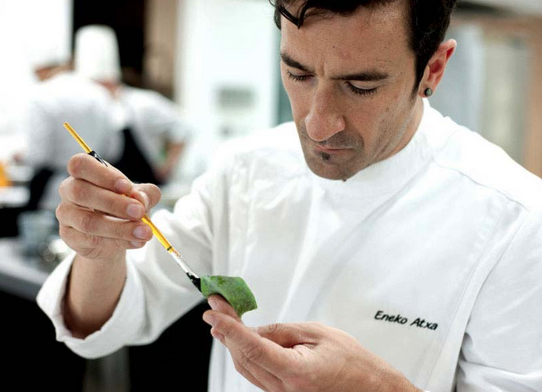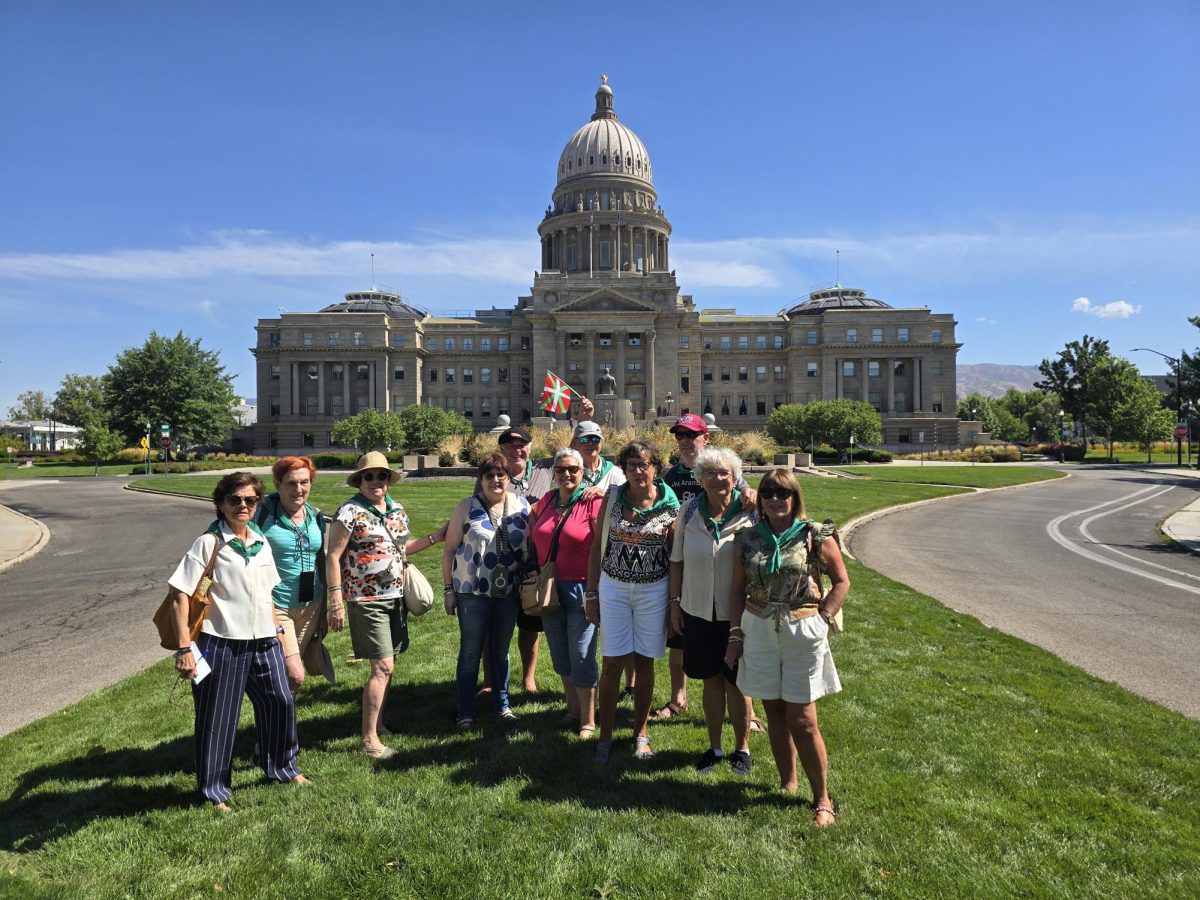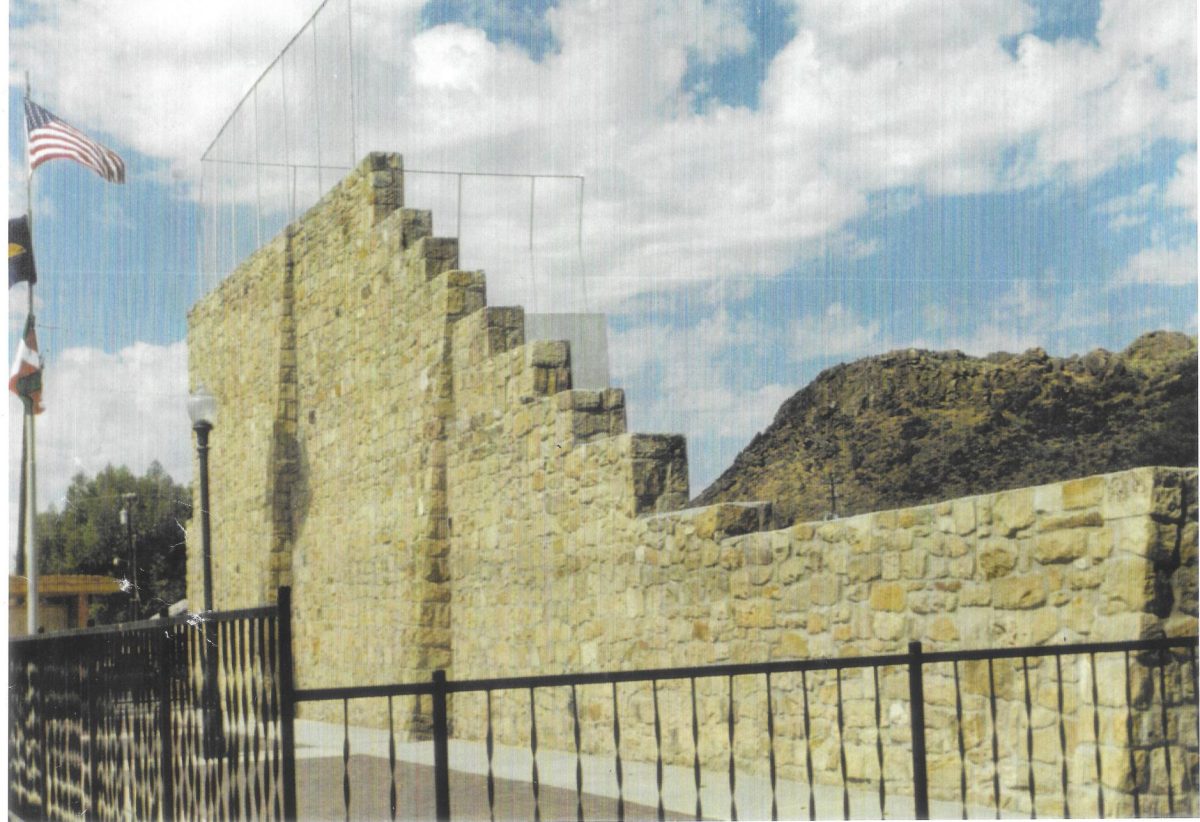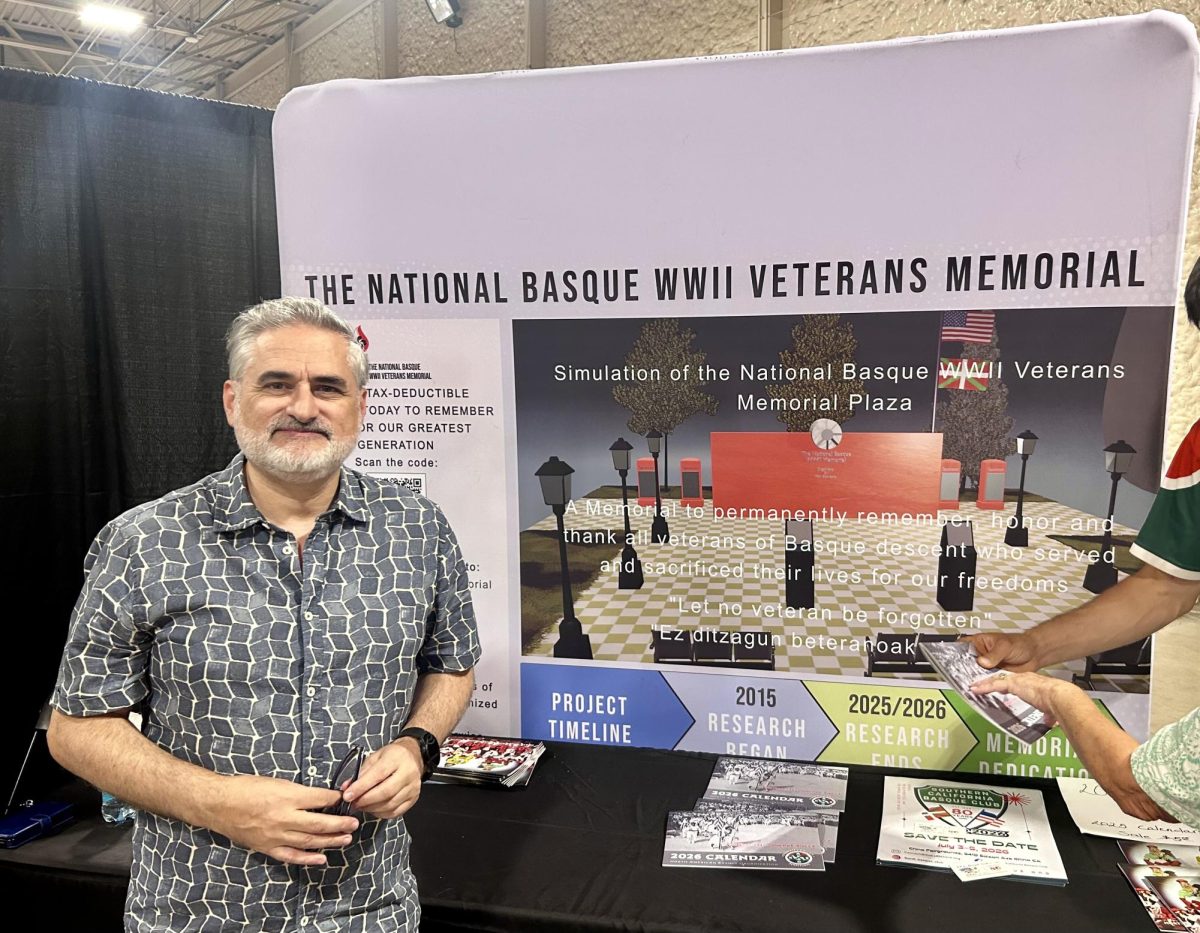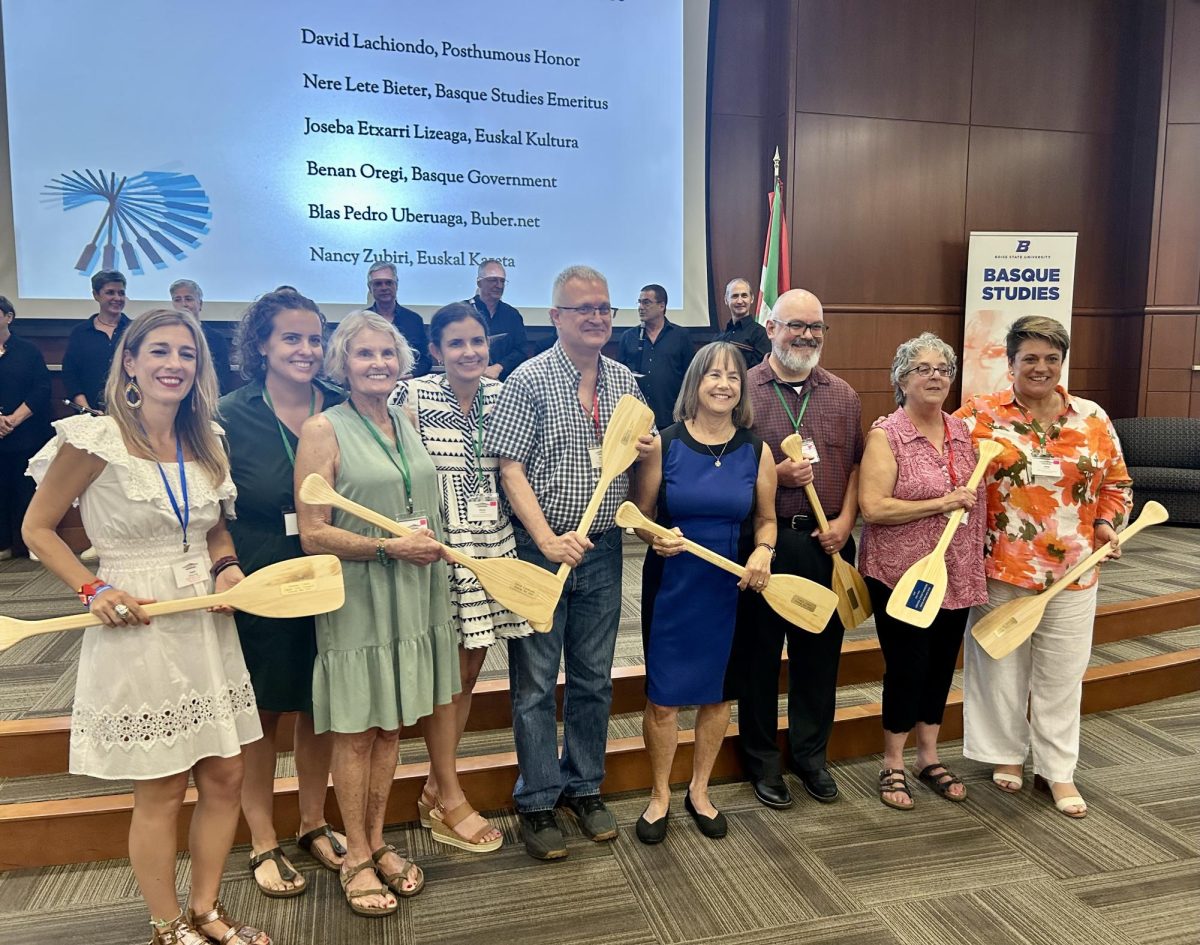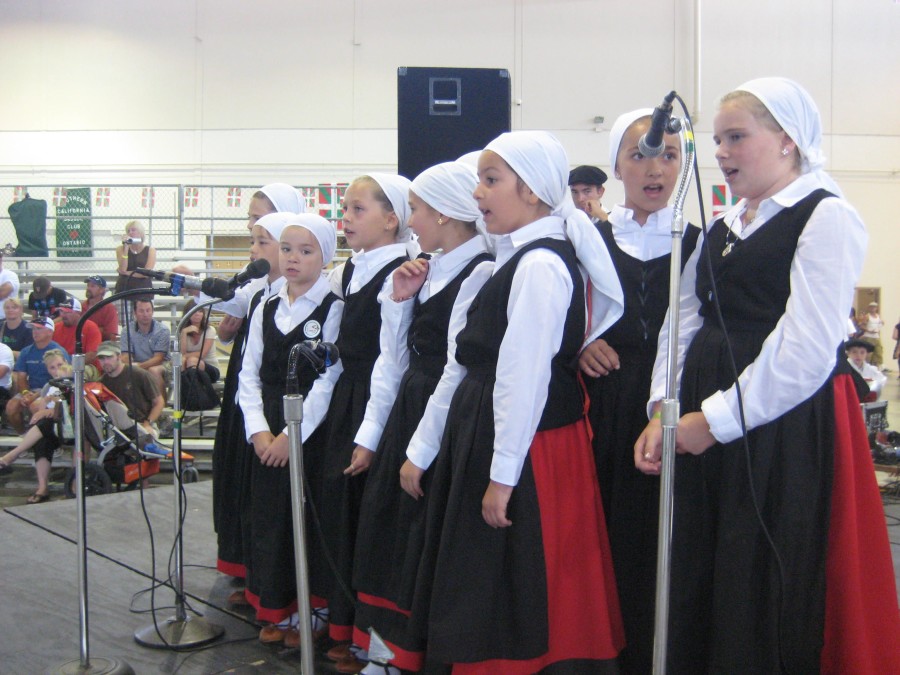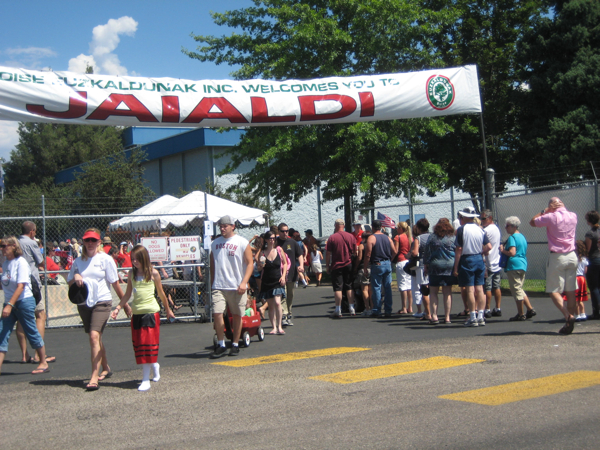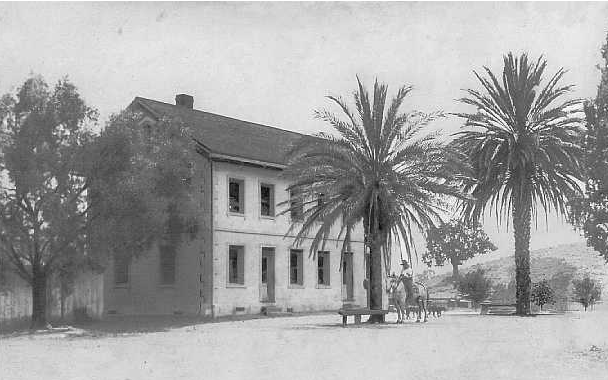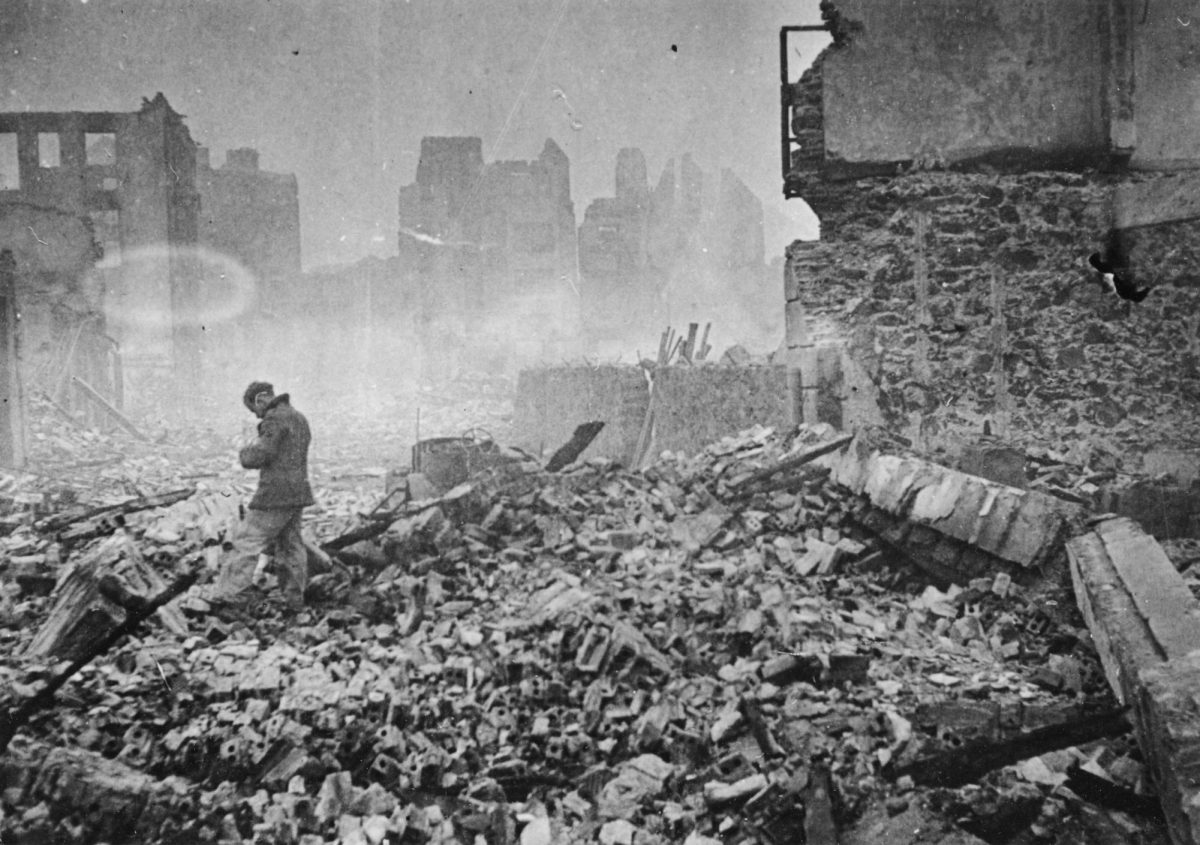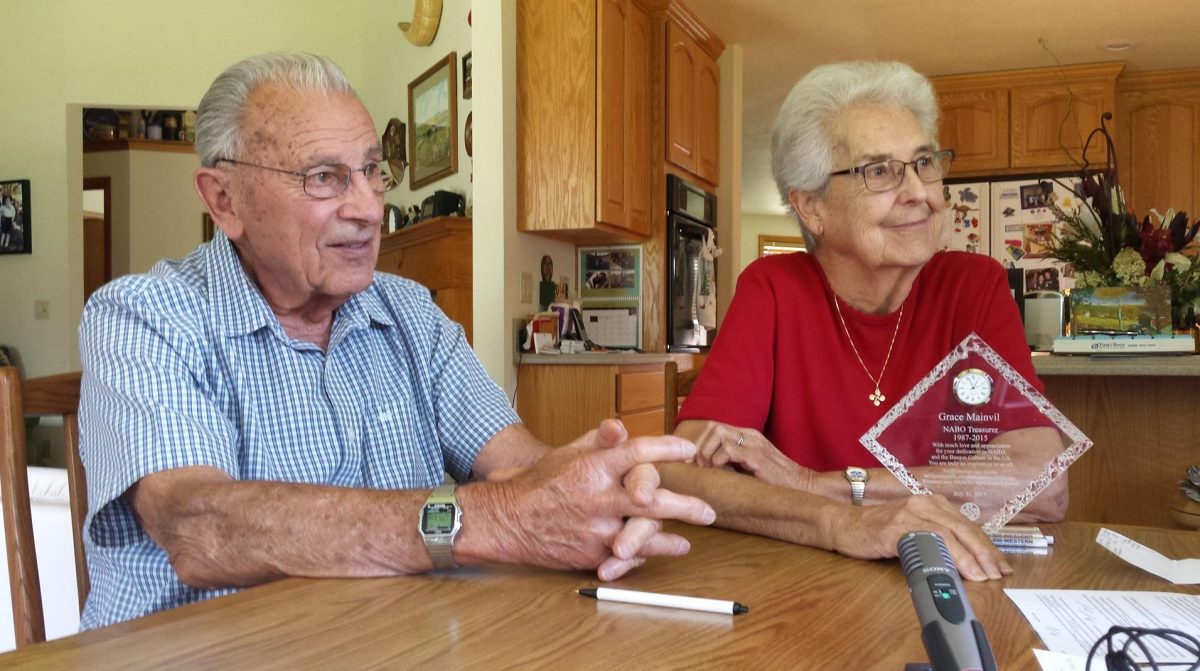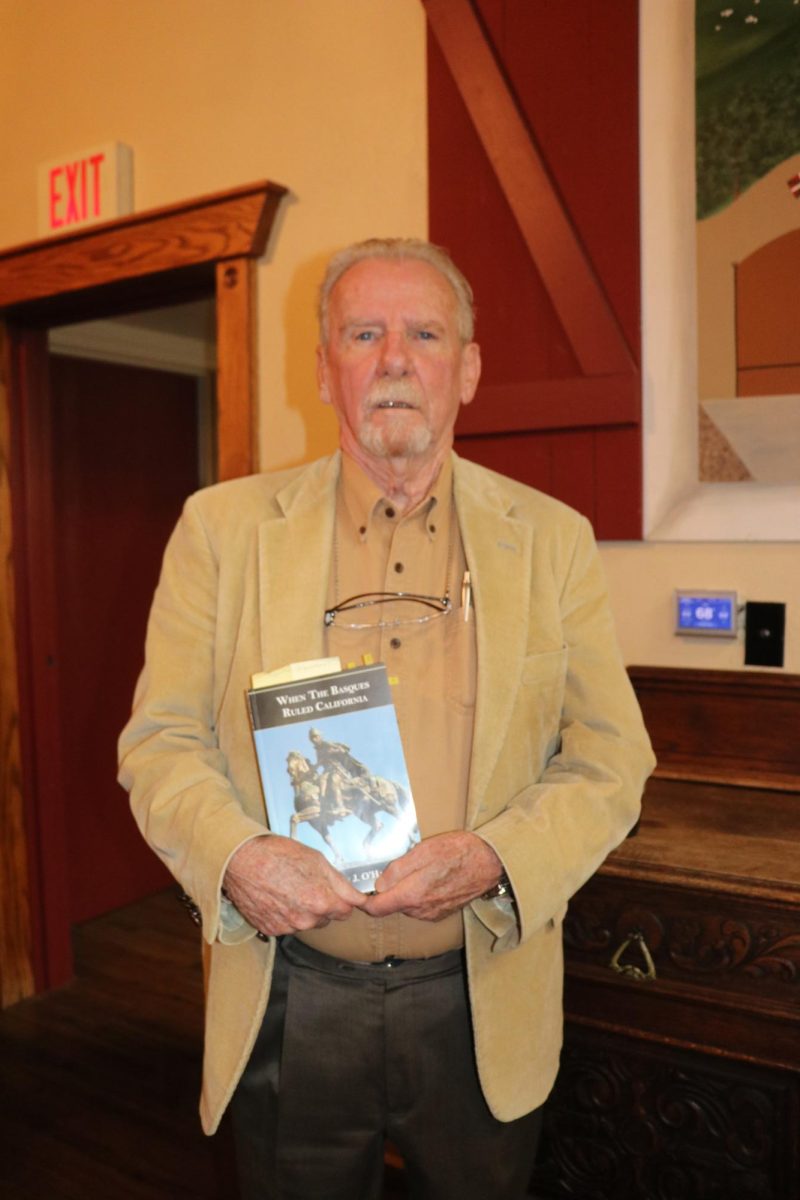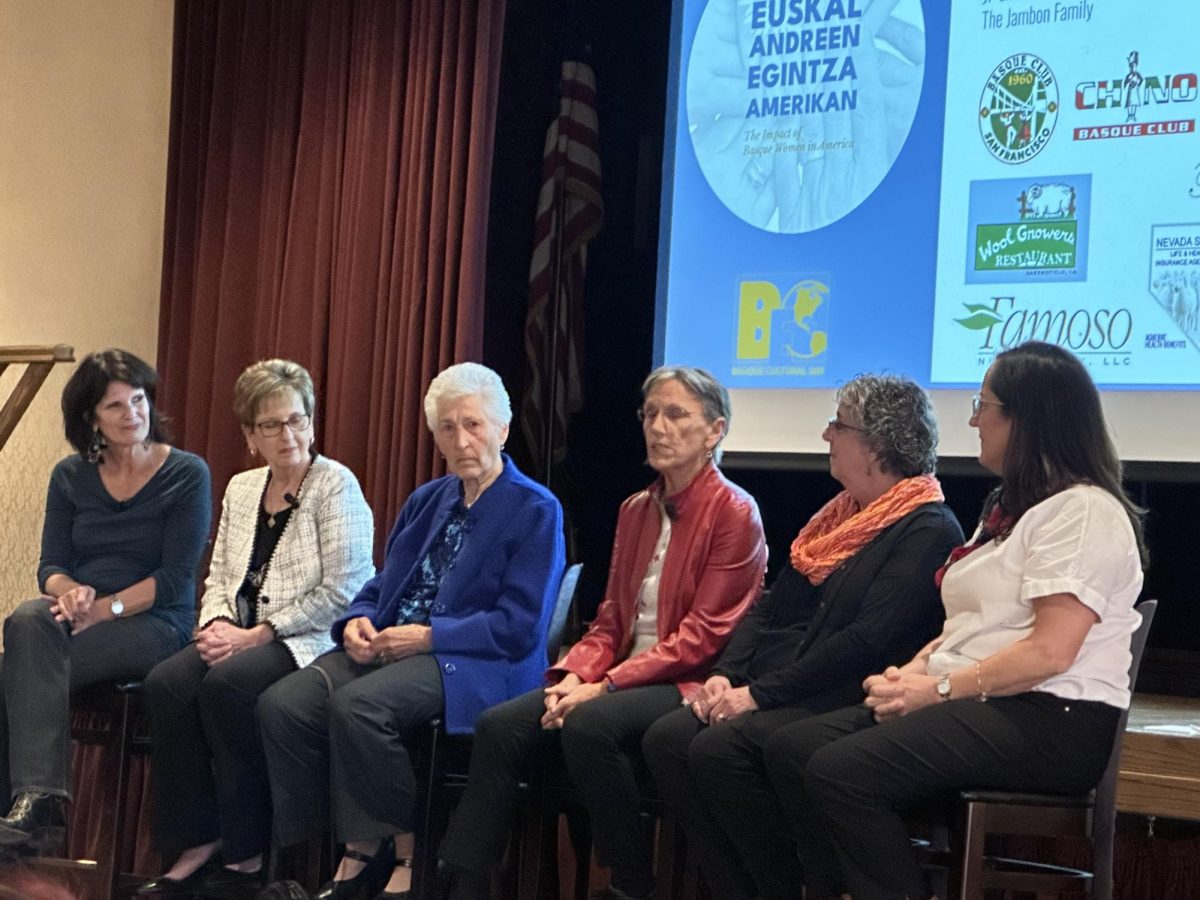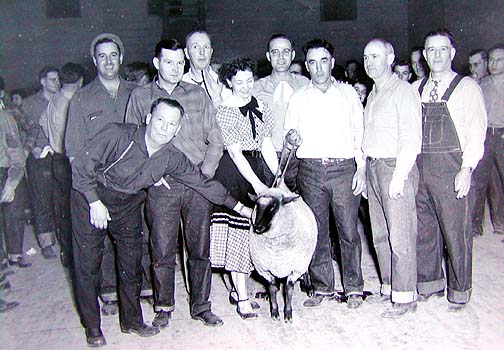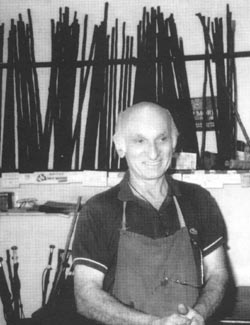
The Makila
The makila is a walking stick that has been used in the Basque Country for generations. One family in the town of Larressore, the Anciart-Bergara family, has been manufacturing the makilas at least as early as the 1870s.
Entirely handcrafted, the wild medlar tree is first worked upon when still in the ground.
When the sap rises, the craftsman starts carving desi

Makila of Honor
On the makila said “of honor,” the handle is entirely made of nickel-silver or silver. The sphere is made up of two parts rounded off with a hammer and brazed through a forge. No seam can be seen.
A great many of our makilas of honor manufactured in our workshop have been offered to famous people who have greatly appreciated this original gift: Popes Benoit XV and Pie X, the Tsar of Russia, Marshals Joffre, Foch, Petain, Mongomery, General de Gaulle, King Boris of
Bulgaria, Queen Wilhelmine of Holland, President Pompidou, etc., even President Reagan and Saddam Hussein.
The Makila is the Basque Man’s Traditional Baton
The Ainciart-Bergara Family has manufactured them with great care for many generations (before 1789).gns on the bark with a knife. Late on, the color is given by a special process known of the family alone.

Preservation
The wood of the medlar tree must be taken care of by rubbing it with walnuts.
The design of the cane is intricate. Two coats of arms are carved on the baton. On the upper part, there is a string of threaded wrought iron which can be seen when unscrewing the handle; below, a genuine club which balances the makila for walking.
The brass, nickel-silver or silver collars are cut alongside the diameter of the wood, then brazed and embossed. The bottom one bears our signature. The upper part is crowned by a pommel made of horn which forms one body with an eight inch sheet-iron handle covered with an original braid, the secret of which has not yet been discovered.

